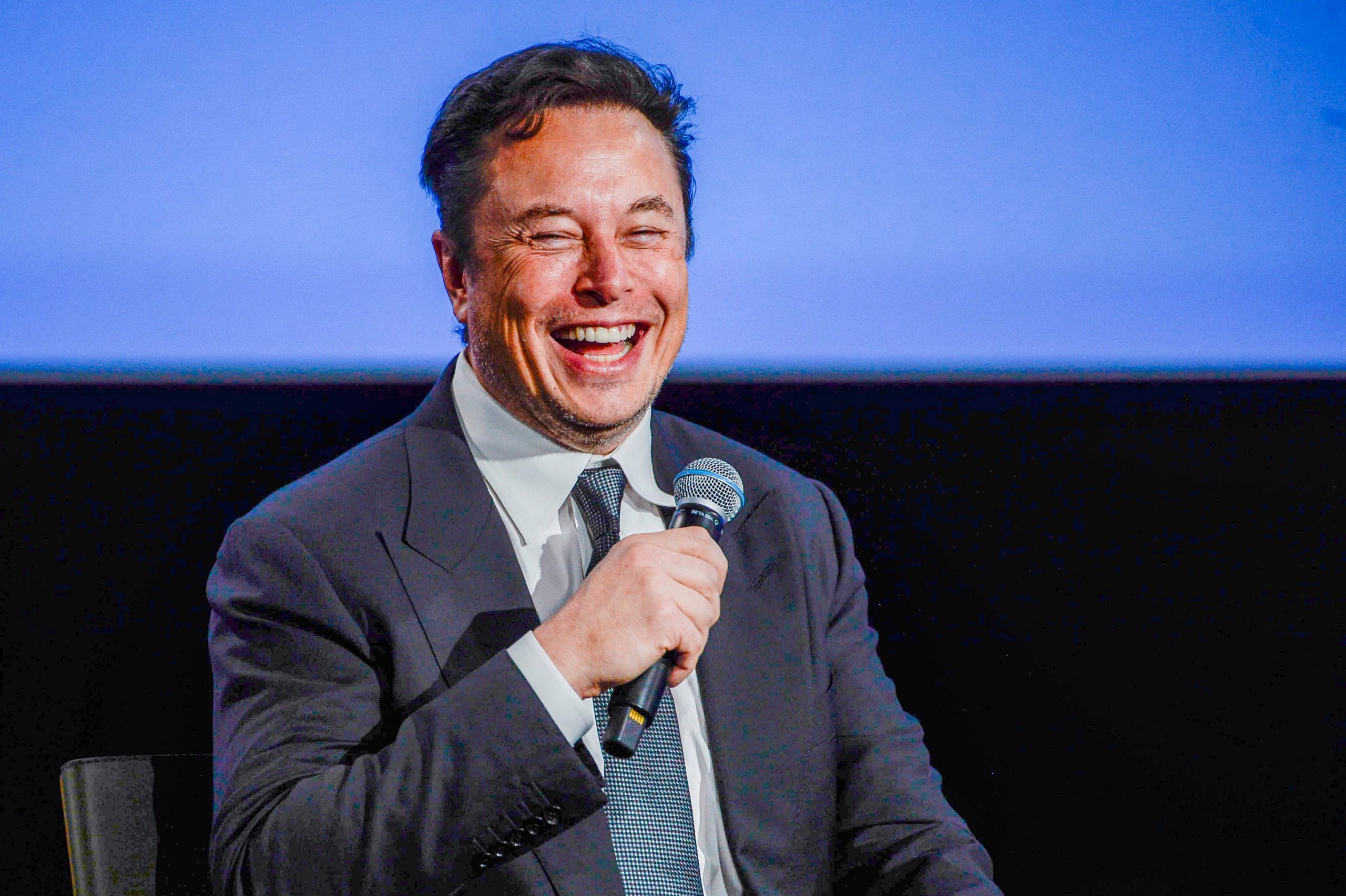Elon Musk said that his brain-computer interface company,
Neuralink, aims to start putting its coin-sized computing brain implant into
human patients within six months. The company made the announcement on a ‘show
and tell’ event at its Fremont, Calif. headquarters on Wednesday evening.
Neuralink is developing brain chip interfaces that it says
could help disabled patients to communicate and move again, with Musk adding
that it will also target restoring vision. The company has been making the
product, which consists of a small device and electrode-laced wires, along with
a robot that carves out a piece of a patient’s skull and implants it into the brain.
Also Read | DoorDash plans to sack 1,250 employees to cap costs
During the presentation, Musk said the ongoing discussions
with the US Food and Drug Administration (FDA) have gone well enough for the
company to aim for its first human trials within the next six months.
Neuralink is based in San Francisco Bay Area and Austin,
Texas. In recent years, the company has been conducting tests on animals as it
seeks approval from the US FDA to start human clinical trials.
Also Read | Lecanemab Alzheimer’s drug study: All you need to know
Speaking to a crowd of select invitees in a presentation
that lasted nearly three hours, Musk said “We want to be extremely careful
and certain that it will work well before putting a device into a human.”
He also emphasised on the speed at which the company is working.
Musk also introduced work on two major products apart from
the brain-computer interface. It is developing implants that can go into the
spinal cord and potentially restore movement in someone suffering from
paralysis. In addition, it has an ocular implant meant to improve or restore
human vision.
Also Read | Why are China’s COVID rules so strict?
Musk said, “As miraculous as that may sound, we are
confident that it is possible to restore full-body functionality to someone who
has a severed spinal cord.”
About Neuralink’s vision work, he said “even if they have
never seen before, we are confident they could see.”
The event was initially planned for October 31 but Musk
postponed it just days before without giving a reason.
Also Read | Stephen King on Elon Musk: A visionary but terrible fit for Twitter
However, Nueralink is running behind schedule. In a 2019
presentation, Musk said he was aiming to secure regulatory approval by the end
of 2020. At a conference in late 2021, he expressed hopes to start human trials
this year. Neuralink has repeatedly missed internal deadlines to receive FDA
approval to start human trials.
Also Read | How much does Apple spend on Twitter ads?
The company’s rival Synchron Inc has been able to implant a
small stent-like device into the brains of patients in Australia and the US.
The device has made it possible for patients who were unable to move or speak
to communicate their thoughts through computers.
Onward Inc has also made significant progress by restoring
some movement in people with spinal cord injuries.
Also Read | Elon Musk shows off diet coke and guns on bedside table, Twitter users say ‘sign of a broken man’
Neuralink’s advantage over its rivals is one of processing
power. Musk believes that the more invasive surgery along with greater
computing capabilities will help Neuralink’s hardware achieve better results
and restore more functions in humans than competing products.







